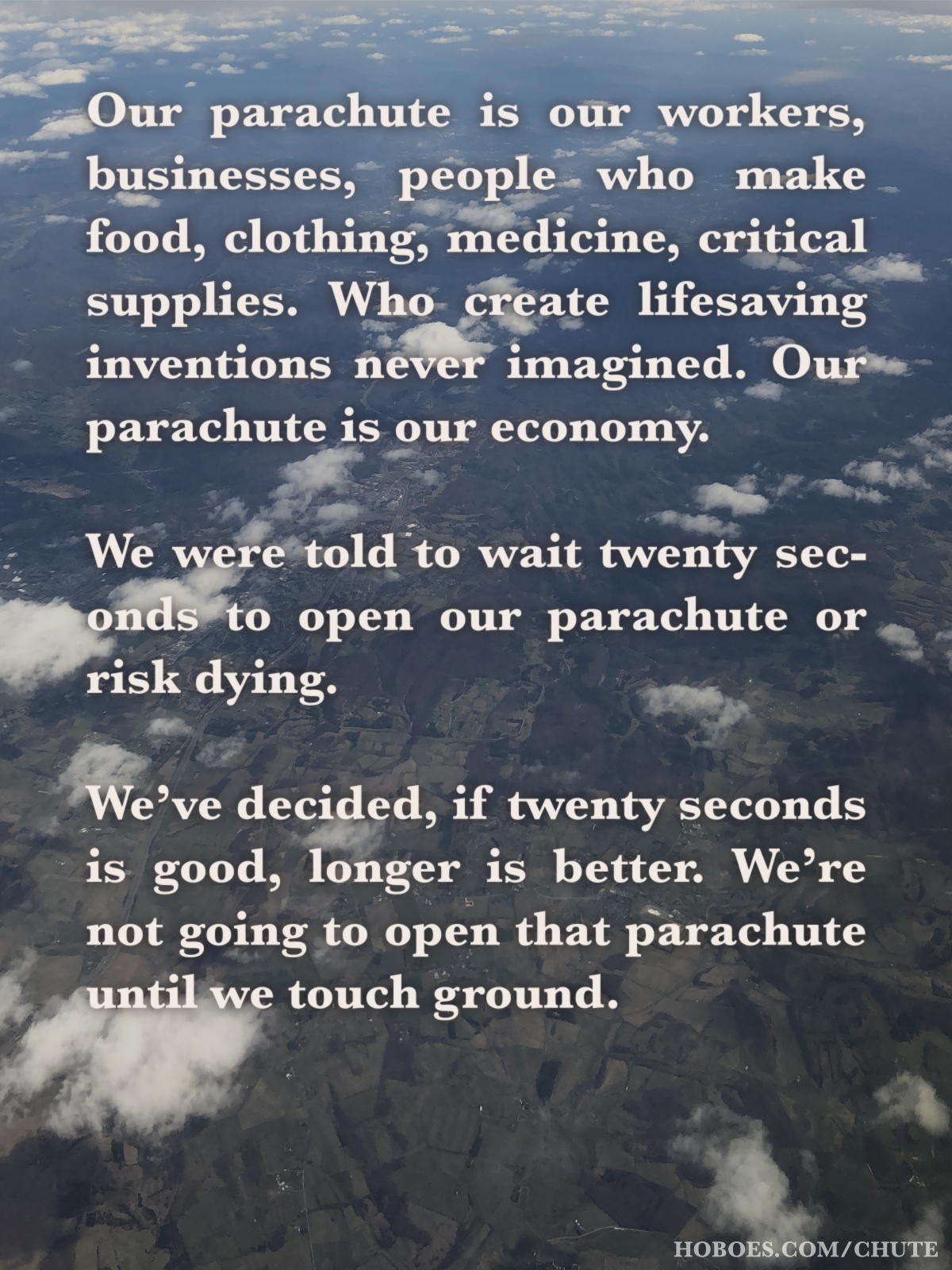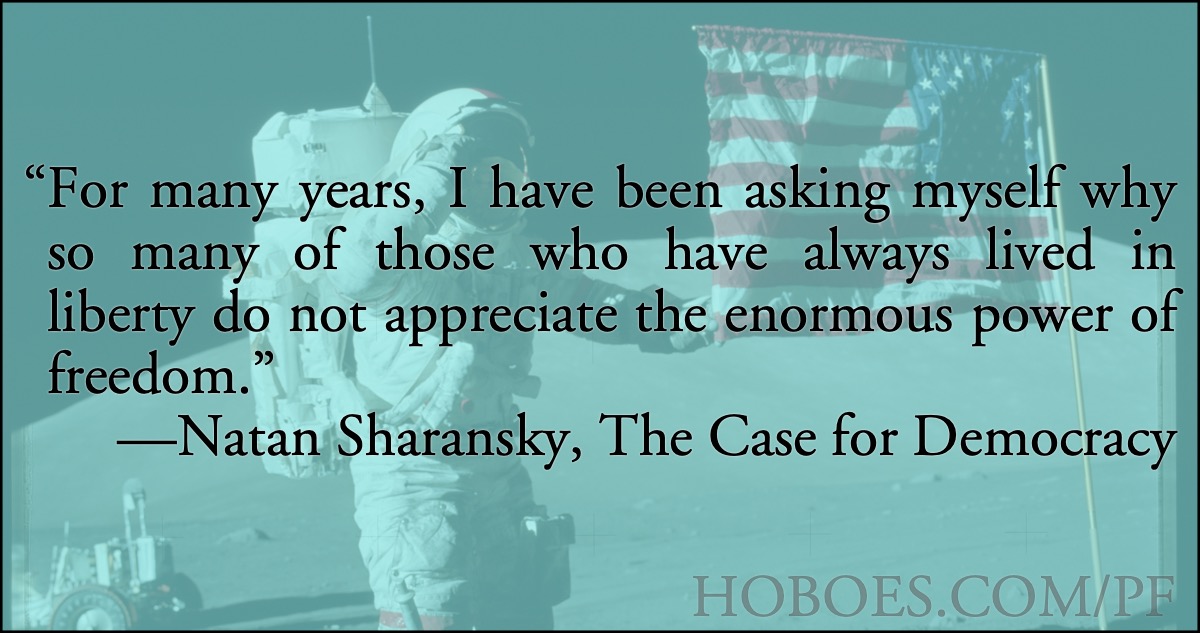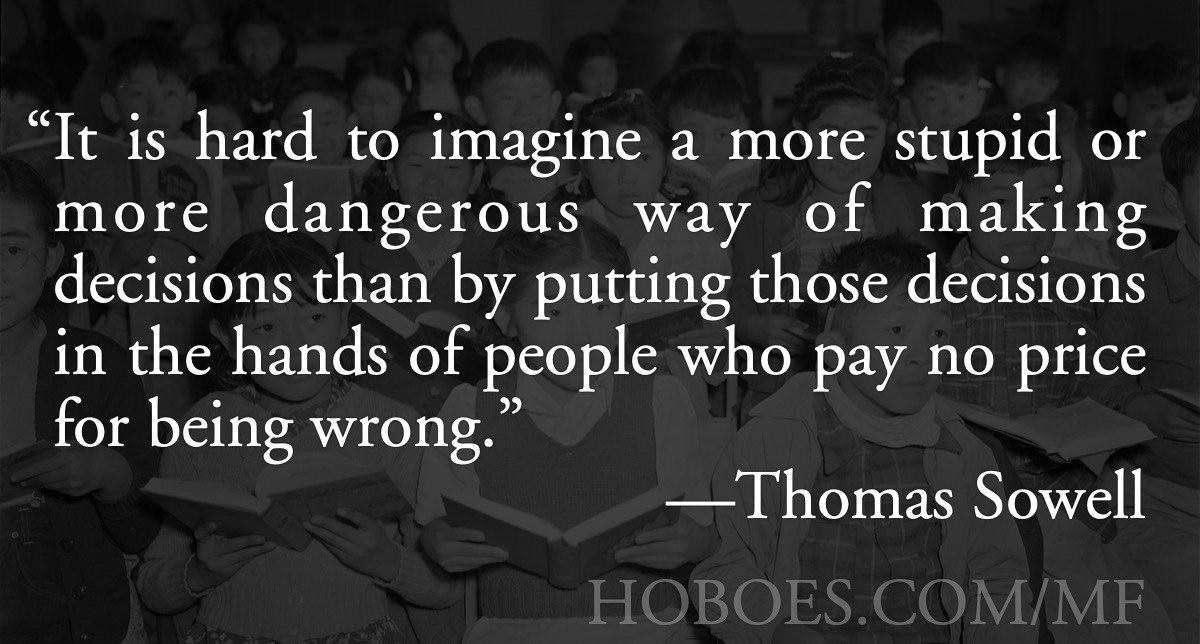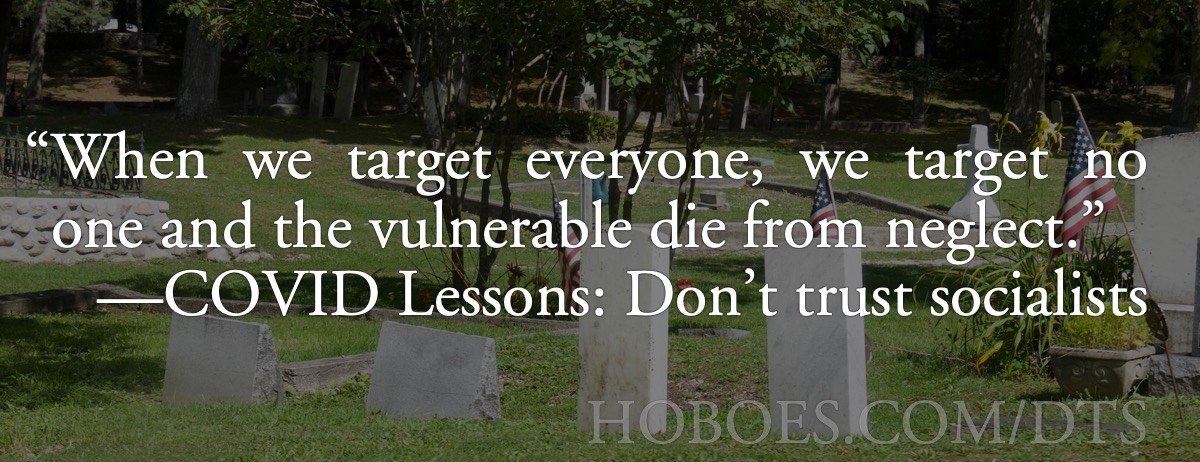A five-part series on what we should have learned from our response to the COVID-19 pandemic.
- COVID Lessons: The Health Care Shutdown
-
 It’s fortunate that COVID-19 was not as bad as the experts said, because our response was almost entirely to make the problem worse. We shut down everything that could help, including health care for co-morbidities. We locked the healthy and the sick together, and cut people off from routine care. Most of the deaths “from” COVID-19 were probably due more to our response than to the virus itself.
It’s fortunate that COVID-19 was not as bad as the experts said, because our response was almost entirely to make the problem worse. We shut down everything that could help, including health care for co-morbidities. We locked the healthy and the sick together, and cut people off from routine care. Most of the deaths “from” COVID-19 were probably due more to our response than to the virus itself. - COVID Lessons: Shutting down innovation
-
 Our response to COVID-19 was almost entirely to make the problem worse. We shut down everything that could help, and when people started thinking up ways to neutralize the virus’s spread, we shut them down, too. We actually fined people for innovating means of continuing to work safely; and of course we told everyone to shut down but still pay your taxes.
Our response to COVID-19 was almost entirely to make the problem worse. We shut down everything that could help, and when people started thinking up ways to neutralize the virus’s spread, we shut them down, too. We actually fined people for innovating means of continuing to work safely; and of course we told everyone to shut down but still pay your taxes. - COVID Lessons: Government Monopolies are Still Monopolies
-
 Our response to COVID-19 was almost designed to make it worse. We shut down the nimble small businesses that could respond quickly, and relied almost solely on large corporations and the government monopolies that failed us, because they are monopolies.
Our response to COVID-19 was almost designed to make it worse. We shut down the nimble small businesses that could respond quickly, and relied almost solely on large corporations and the government monopolies that failed us, because they are monopolies. - COVID Lessons: Don’t trust socialists
-
 Our response made the virus worse. We trusted self-styled experts, failed models, socialists, and the media over what we could see with our own eyes.
Our response made the virus worse. We trusted self-styled experts, failed models, socialists, and the media over what we could see with our own eyes. - COVID Lessons: Journalistic Delusions and the Madness of Politicians
-
 COVID-19 was real. The crisis surrounding it was entirely manufactured. Everything we did took a manageable disease and turned it into a killer. And the very worst was believing a media we knew was lying.
COVID-19 was real. The crisis surrounding it was entirely manufactured. Everything we did took a manageable disease and turned it into a killer. And the very worst was believing a media we knew was lying. - COVID Lessons: How can we respond to a disease before it spreads?
-
 How can we make ourselves less vulnerable to sudden epidemics, before they become epidemics, and without causing epidemic levels of deaths?
How can we make ourselves less vulnerable to sudden epidemics, before they become epidemics, and without causing epidemic levels of deaths?
More Information
- As Dairies Dump Milk, Frustration Mounts Over Retail Buying Limits
- “Our members are getting the milk to the grocers,” says Dykes. “The milk is there. We need to remove those signs at any grocery store. There should be no limits on how much milk or any dairy product any consumer can purchase. It is available. Our members are getting it there, and our members are processing the milk.”
